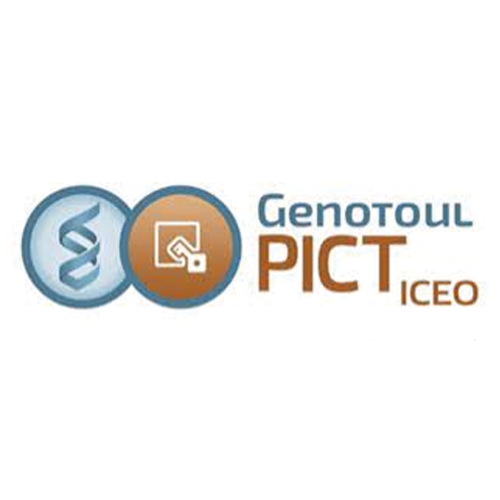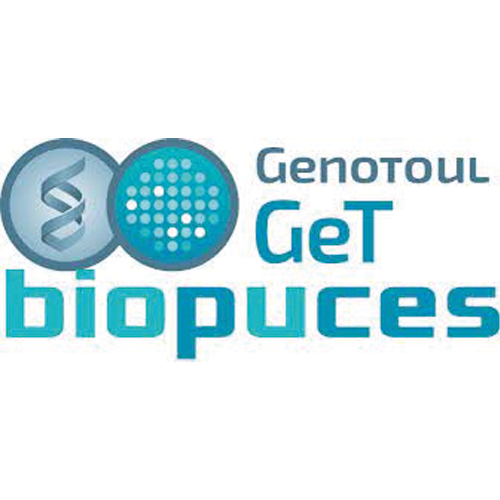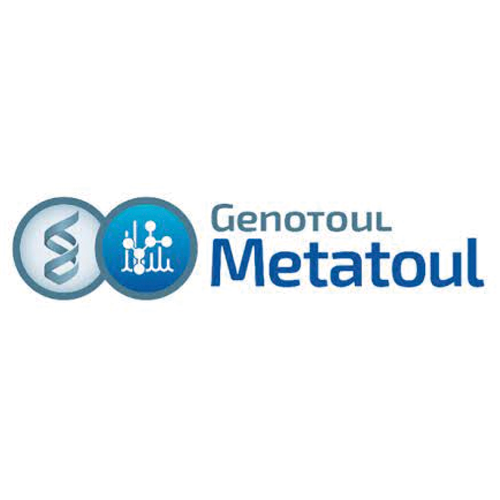

TBI
Biotechnology – synthetic Biology – Process – Engineering
The Component presentation
Located on the campus of the Toulouse National Institute of Applied Sciences (INSA), the TBI public research laboratory, supported by INSA Toulouse, CNRS and INRAE, combines fundamental and applied research in the field of biotechnology.
Combining scientific excellence with economic and societal relevance, TBI is structured into 4 scientific divisions and 1 technological division.
The unit, with strong disciplinary skills in Life Sciences and Engineering Sciences, is pursuing a multi-scale, multidisciplinary and interdisciplinary scientific strategy to meet the challenges of the bioeconomy, involving a large network of public and private collaborators.
With over 40 years of internationally recognised expertise, Toulouse Biotechnology Institute (TBI), Bio & Chemical Engineering conducts research in catalysis and enzyme engineering, systems and synthetic biology, fermentation, process engineering and eco-design.
Science hubs
-
Biocatalysis
-
Physiology and engineering of microbial metabolism
-
Microbiological Engineering & Bioprocesses
-
Sustainable process engineering


PICT-ICEO
PICT-ICEO ‘Original Enzyme Engineering and Screening’ is dedicated to the isolation and characterisation of new enzymatic activities derived from the screening of natural biodiversity (microbial collections or metagenomic libraries) and libraries of variants obtained by rational and/or combinatorial protein engineering.

GeT-Biopuces
The GeT-Biopuces platform provides services and/or collaboration (R&D) in the field of transcriptomics and genomics. It provides its expertise and possesses the appropriate tools for sequencing, microarray studies and bioinformatics and statistical data analysis.

MetaToul-FluxoMet
MetaToul-FluxoMet provides researchers with a wide range of cutting-edge metabolomics and fluxomics tools for investigating metabolism. Unique in France and in the academic field, this platform is based on the development and use of high-performance tools such as High Resolution Mass Spectrometry (HRMS), Nuclear Magnetic Resonance (NMR), robotics and bioinformatics.
Success stories - Adisseo
Objectives
Developing an economically viable biotechnological process for accessing methionine
Context
Methionine is an essential amino acid in animal feed. It is produced almost exclusively by a petrochemical process and its annual production currently exceeds one million tonnes. The challenge was to design an innovative technological process for accessing methionine from renewable carbon resources that would be both environmentally friendly and economically suitable for this type of market.
Our approach
Our strategy has been to use a synthetic biology approach to design production routes for a metabolic intermediate, 2,4-dihydroxybutyric acid (DHB), which can then be converted into a hydroxy analogue of methionine (HMTBA). Enzymatic and metabolic engineering methods and in vitro and in vivo evolution, combined with improvements to the fermentation process, have so far resulted in a bacterial strain capable of producing DHB with an industrially acceptable yield, titre and productivity. At the same time, the process for purifying and converting DHB into HMTBA has been established. Finally, a life cycle analysis confirmed that the environmental footprint of this process is smaller than that of the petrochemical process, and that the energy cost is very similar to that of the petrochemical process.
